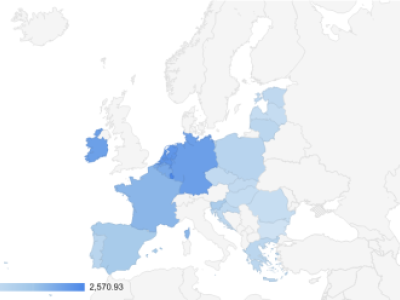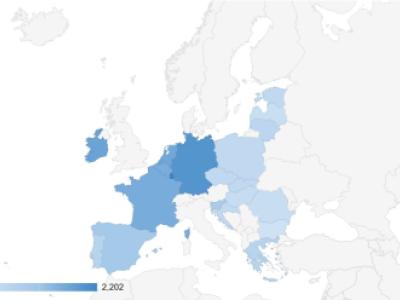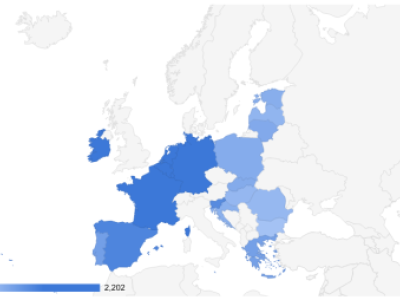As we usher in the new year, significant changes are on the horizon for the Baltic states, particularly in the realm of minimum wage. In 2024, Estonia, Latvia, and Lithuania are all set to witness an increase in their minimum wage, signifying a shift in economic dynamics. Let's delve into the details of these changes and their potential impact.
In 2024 minimum wage is set to increase in all Baltic states. Estonia will have a minimum wage of EUR 820; Latvia - EUR 700 and Lithuania - EUR 924.
Estonia, a key player in the Baltic region, is slated to implement a notable increase in its minimum wage. Starting from 2024, the minimum wage is set to rise to EUR 820. This move reflects Estonia's commitment to addressing economic disparities and ensuring a fair standard of living for its workforce.
Across the border in Latvia, the minimum wage is poised to see an increase as well, reaching EUR 700 in 2024. This adjustment comes in response to various factors, including inflation rates and the cost of living, aiming to uplift the financial well-being of workers in the country.
Meanwhile, Lithuania, another significant player in the Baltic economic landscape, will witness its minimum wage rise to EUR 924 in 2024. This upward adjustment is part of Lithuania's ongoing efforts to align wage levels with the evolving economic landscape and to provide a better livelihood for its citizens.
The increase in minimum wages across the Baltic states is expected to have a positive impact on the workforce. With higher minimum wages, employees are likely to experience an improvement in their standard of living, enabling them to meet the rising costs of daily necessities.
While the move towards higher minimum wages is laudable from a social perspective, it also raises questions about potential economic implications. Businesses, particularly small and medium enterprises, may face challenges in adjusting to the increased labor costs. Striking a balance between fair wages and economic sustainability will be a crucial task for policymakers.
As we step into 2024, the Baltic states are set to undergo significant changes in their minimum wage structures. Estonia, Latvia, and Lithuania's commitment to improving the living standards of their citizens is evident in these adjustments. While the move is expected to benefit the workforce, it also prompts a careful consideration of its broader economic implications. As these changes unfold, it will be interesting to observe how businesses, policymakers, and the workforce adapt to this economic shift in the Baltic region.
Now, let's see if I'll be able to take at least the Latvian minimum wage from the growing TerraMatris crypto hedge fund by the end of 2024.




